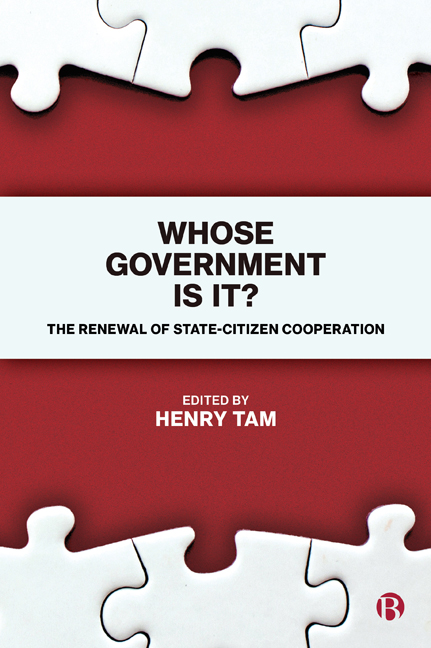7 - The Potential of Community Development
Published online by Cambridge University Press: 27 April 2022
Summary
There has been much discussion over recent years about the weakening of democracy and the public sphere. Commentators refer to a loss of trust in government, the rise of populism and the reduction in the role of politics, all of which have compromised the relationship between citizens and state. And they are critical of the rise of the New Public Management with its emphasis on technocratic approaches to public services. They call instead for new approaches to governing and for the development of deliberative forms of democracy (Dryzek, 2000; Fung and Wright, 2003) that see citizens as co-creators of our common world.
Recent research on ‘empowered communities’ in the UK has revealed similar concerns among practitioners working in and with communities in this country (http://localtrust.org.uk/our-work/ empowered-communities/). In particular, respondents refer to the loss of opportunities for people to understand and reflect on the issues that matter to them and of spaces where critical thinking is encouraged and differences can be aired.
In 1984, Barber warned of the dangers of a ‘thin’ and minimalist democracy based on individual rights. Since then, the advance of neoliberalism, with its emphasis on marketisation, privatisation and individualism, is seen to have reconstructed the citizen as consumer (Boyte, 2008). Even innovations in participatory democracy – or at least their indiscriminate use – have attracted criticism (see, for example, Cooke and Kothari, 2001; Pateman, 2012). Boyte (2008, p 1) argues instead for a developmental approach to democracy that entails
a shift from the citizen as a rights-bearing individual whose highest act is voting and demanding government be held accountable, or a citizen who deliberates and participates in civil society to the citizen as a co-creator of a democratic society and government as catalyst and enabler of civic action.
He advocates the cultivation of civic agency through ‘organising’, a collective approach with a strong focus on popular education. This, he argues, fosters a politics in which people are not empowered by leaders but rather empower themselves, developing skills and habits of collaborative action and also changing institutions and systems to make them more supportive of civic agency.
‘Organising’ is part of a wider tradition, broadly described as ‘community development’, which works with communities to identify and act collectively on issues of common concern.
- Type
- Chapter
- Information
- Whose Government Is It?The Renewal of State-Citizen Cooperation, pp. 109 - 126Publisher: Bristol University PressPrint publication year: 2019



